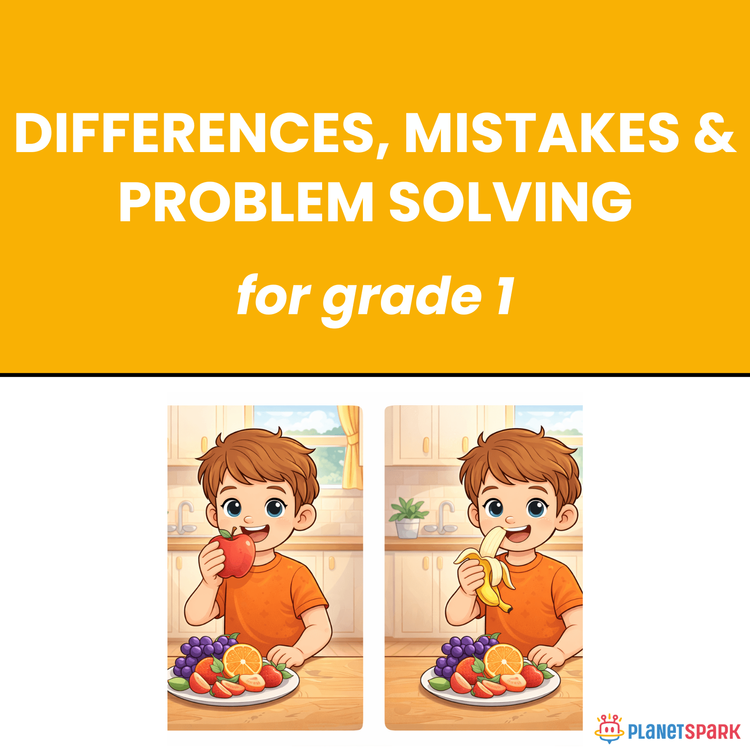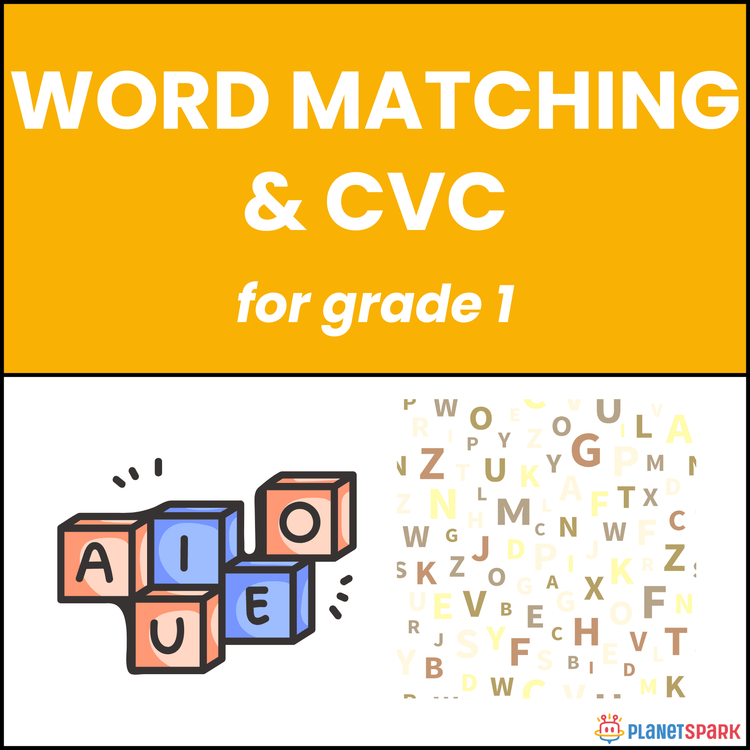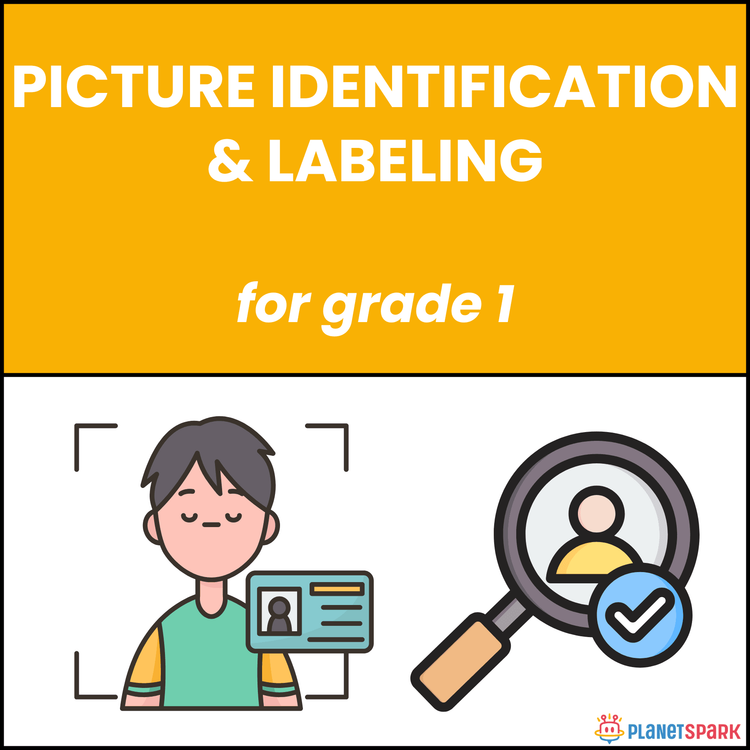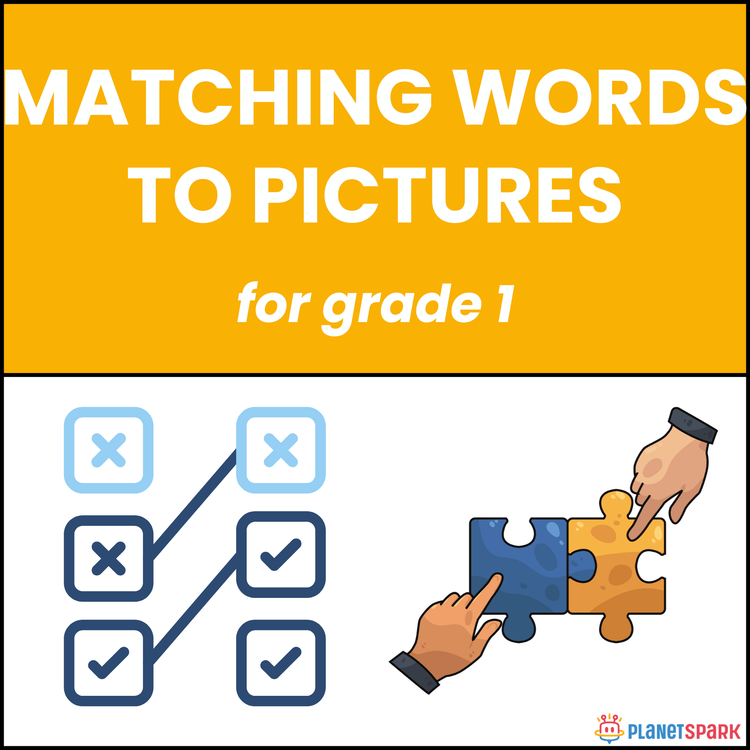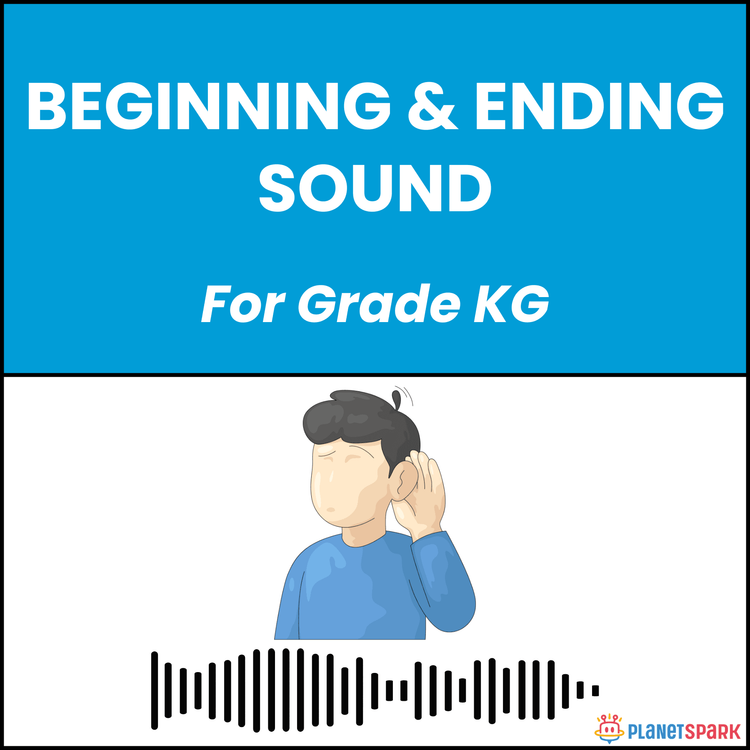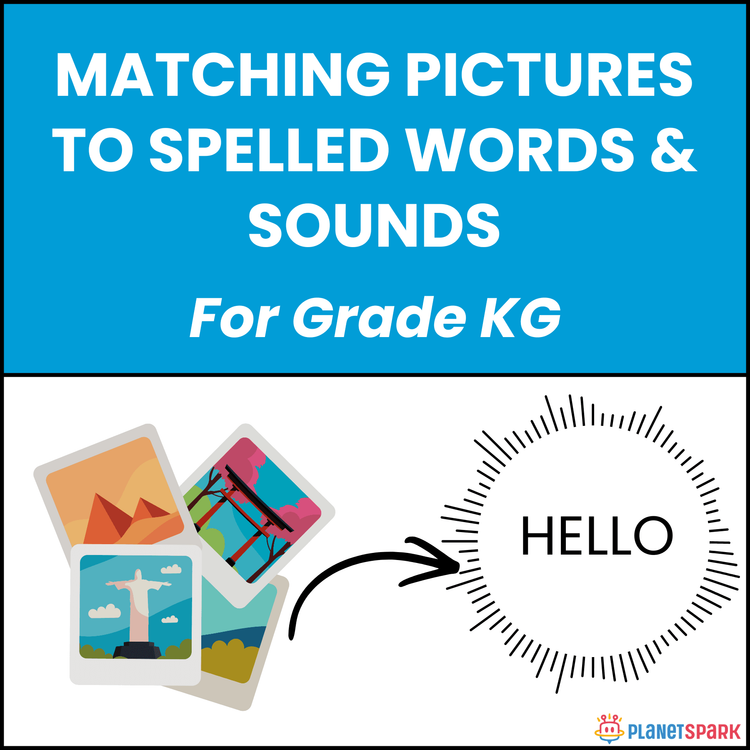Class 1 Reading Passage: Diary Entry on Rainy Day
Class 1EnglishPublic SpeakingFree DownloadPDF
Kajal MishraVisit Profile
I am an enthusiastic and dedicated English educator at PlanetSpark. I am passionate about helping students develop strong communication and public speaking skills while building their confidence and creativity. My teaching approach focuses on making learning fun, interactive, and meaningful so that every student feels inspired to express themselves effectively in English.
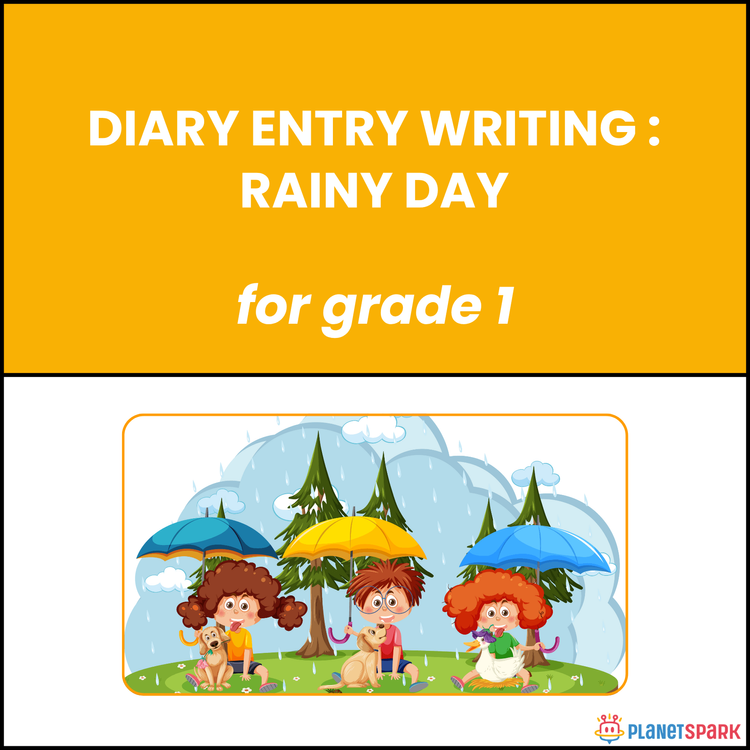

Class 1 Reading Passage: Diary Entry on Rainy Day
Class 1EnglishPublic SpeakingFree DownloadPDF
Kajal MishraVisit Profile
I am an enthusiastic and dedicated English educator at PlanetSpark. I am passionate about helping students develop strong communication and public speaking skills while building their confidence and creativity. My teaching approach focuses on making learning fun, interactive, and meaningful so that every student feels inspired to express themselves effectively in English.
Rainy Reflections: Reading Comprehension for Class 1
This Grade 1 worksheet, “Rainy Reflections,” explores a delightful diary entry written by Sanjana about her favorite rainy day. It helps students strengthen their reading comprehension while learning how to describe real-life moments with feelings and details. Through this passage, children learn new vocabulary about weather, nature, and family activities.
The topic “Diary Entry: Rainy Day” teaches expression, sequencing, and observation skills. The worksheet includes multiple-choice and short-answer questions that help learners recall facts, describe scenes, and reflect on personal experiences.
Why Diary Writing Matters in Grammar?
Diary writing encourages children to observe their surroundings and express their thoughts creatively. For Grade 1 learners, this worksheet helps to:
1. Understand descriptive words related to seasons and nature.
2. Practice sentence formation and emotional expression.
3. Improve comprehension through personal storytelling.
4. Encourage reflection and daily writing habits.
What’s Inside This Worksheet?
🧠 Exercise 1 – Choose the Correct Answer
Students recall details such as what the child wore, what they ate, and what they heard during the rain.
✏️ Exercise 2 – Write in Your Own Words
Students describe what they enjoy about rainy days and what activities they like doing.
✅ Answer Key (For Parents & Educators)
Exercise 1 – Multiple Choice Answers
1. b) Yellow
2. d) Umbrella
3. c) Near puddles
4. a) Pakoras and tea
5. c) The rain
6. b) Thunder
Exercise 2 – Short Answers
7. The child jumped in puddles and played with friends.
8. The child saw raindrops and green trees.
9. Mama made hot pakoras and tea.
10. I enjoy playing in rain and eating snacks.
Encourage your child to enjoy descriptive writing through cheerful rainy-day memories.
🔖Book a free trial!
Frequently Asked Questions
It helps children describe moods, weather, and feelings using expressive language.
They promote observation, reflection, and vocabulary growth through personal writing.
They learn to connect daily experiences with structured reading and writing.
